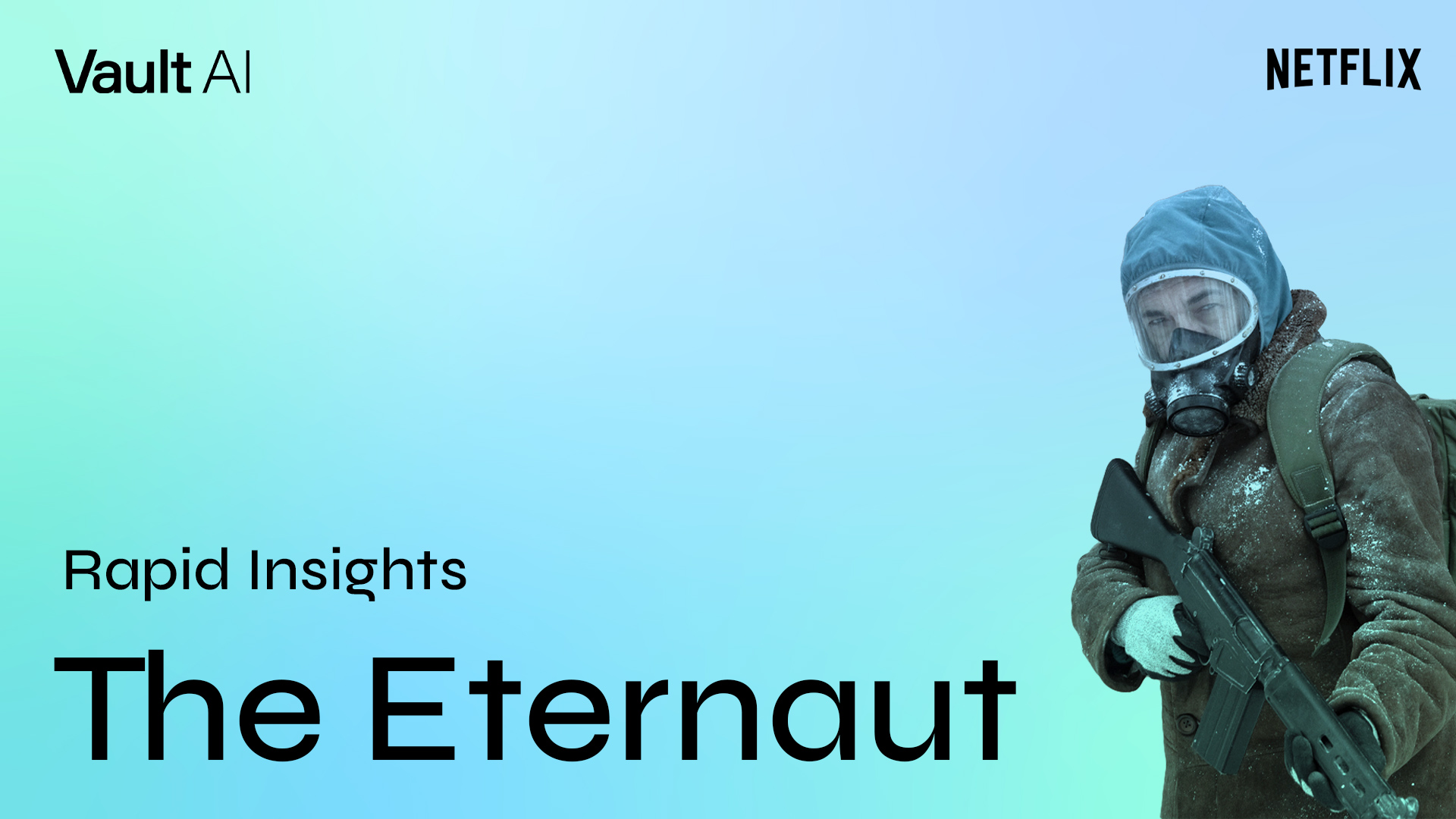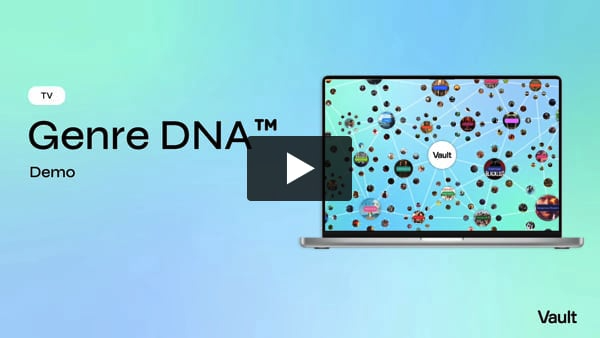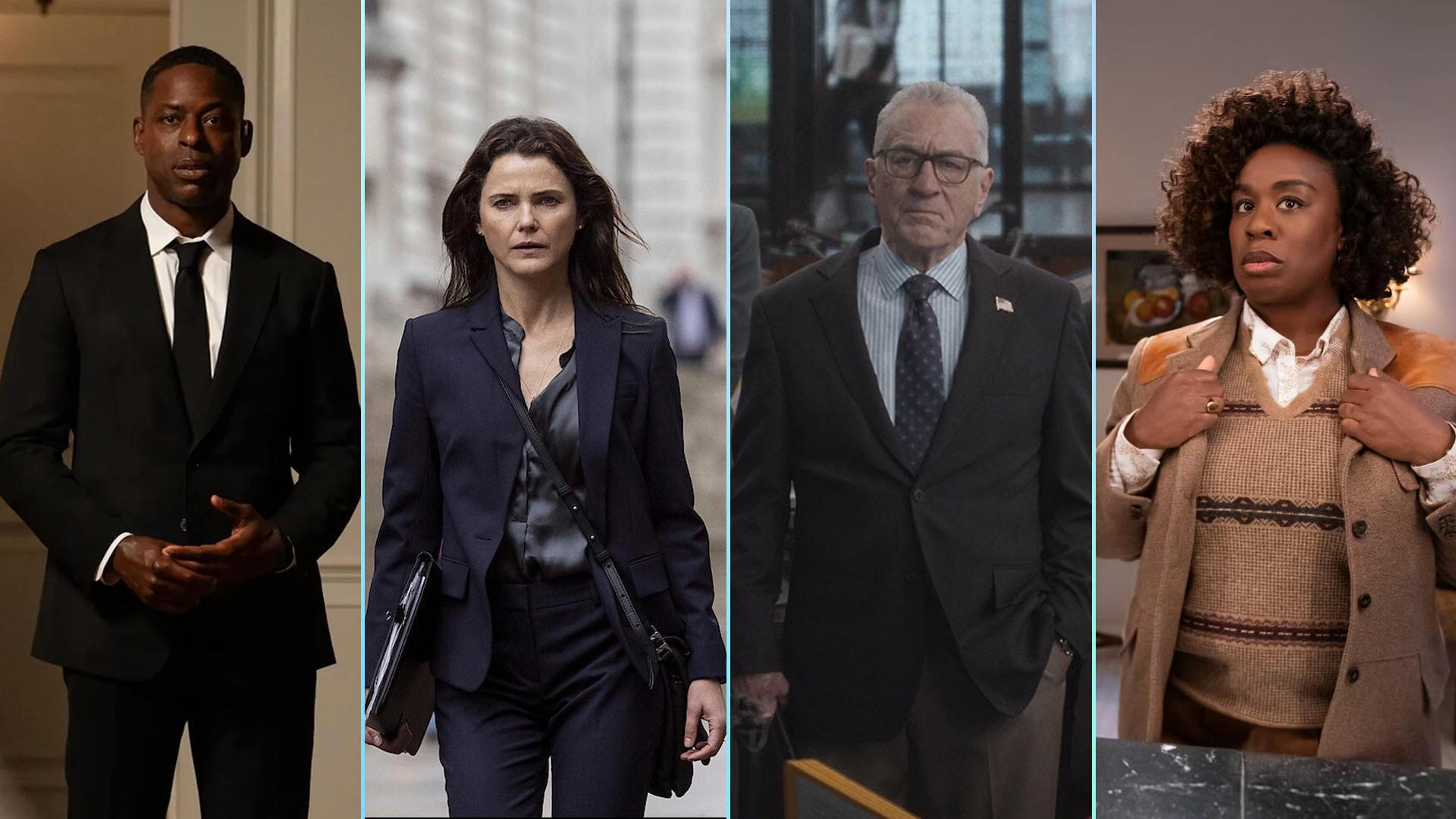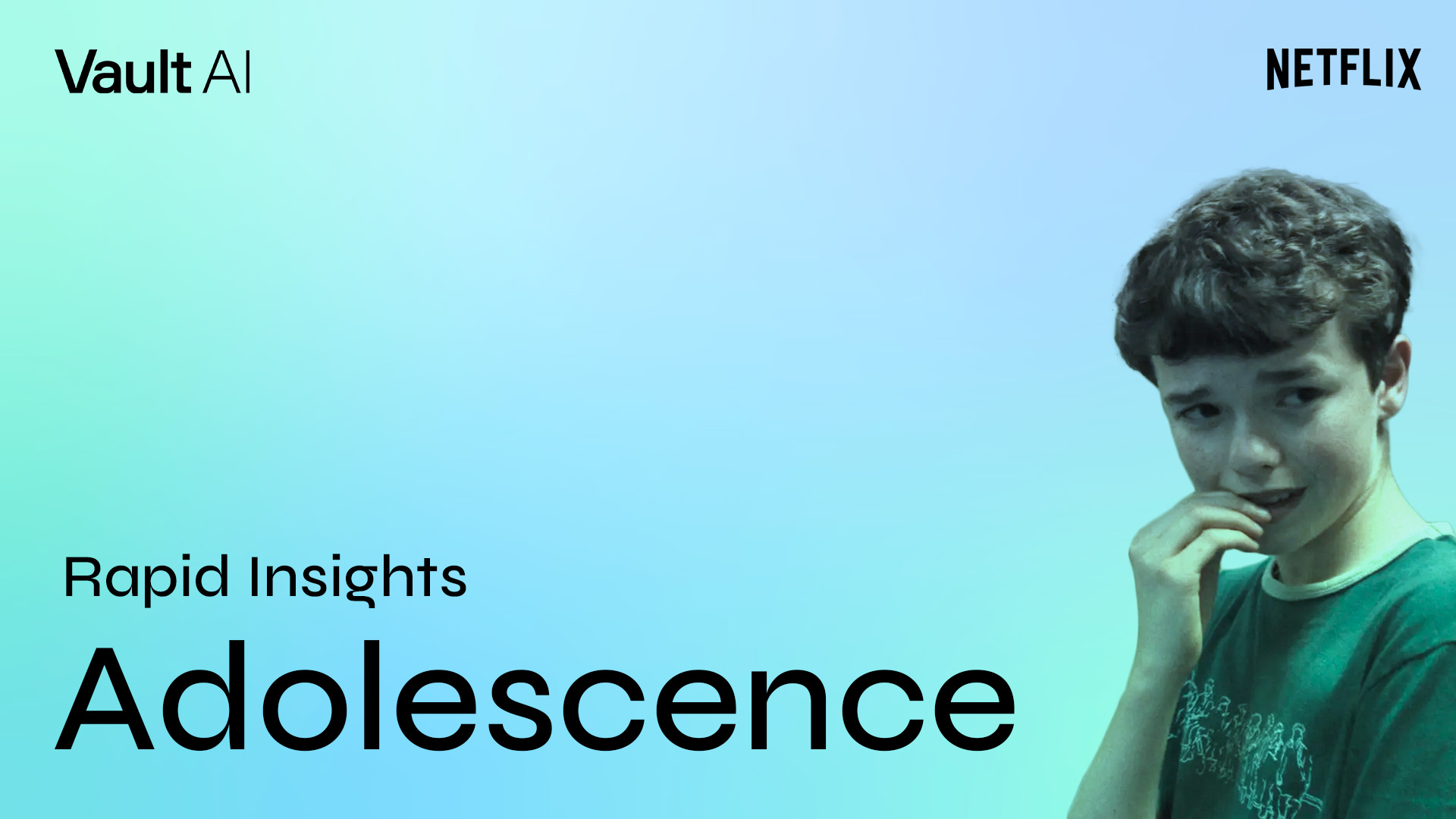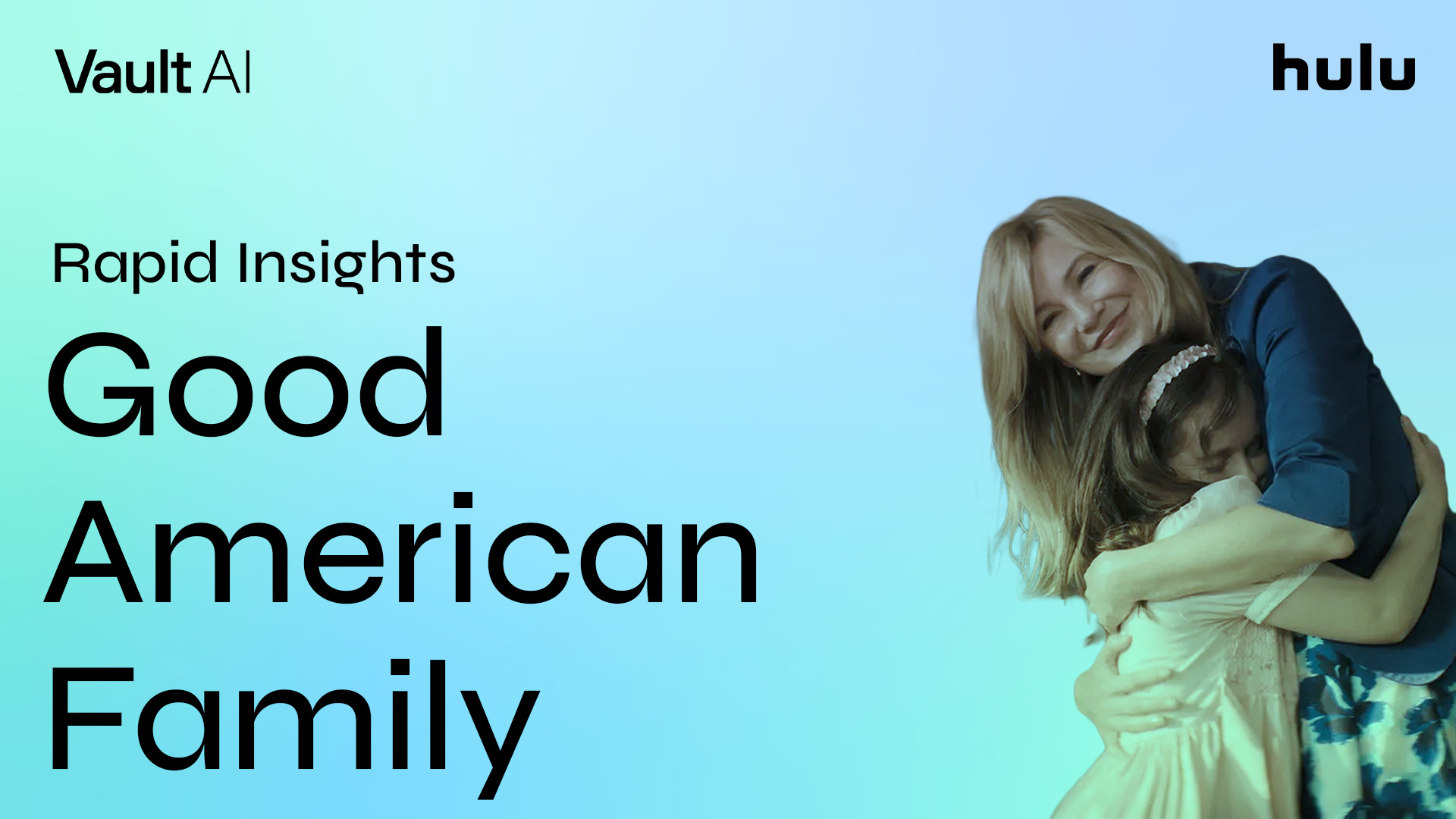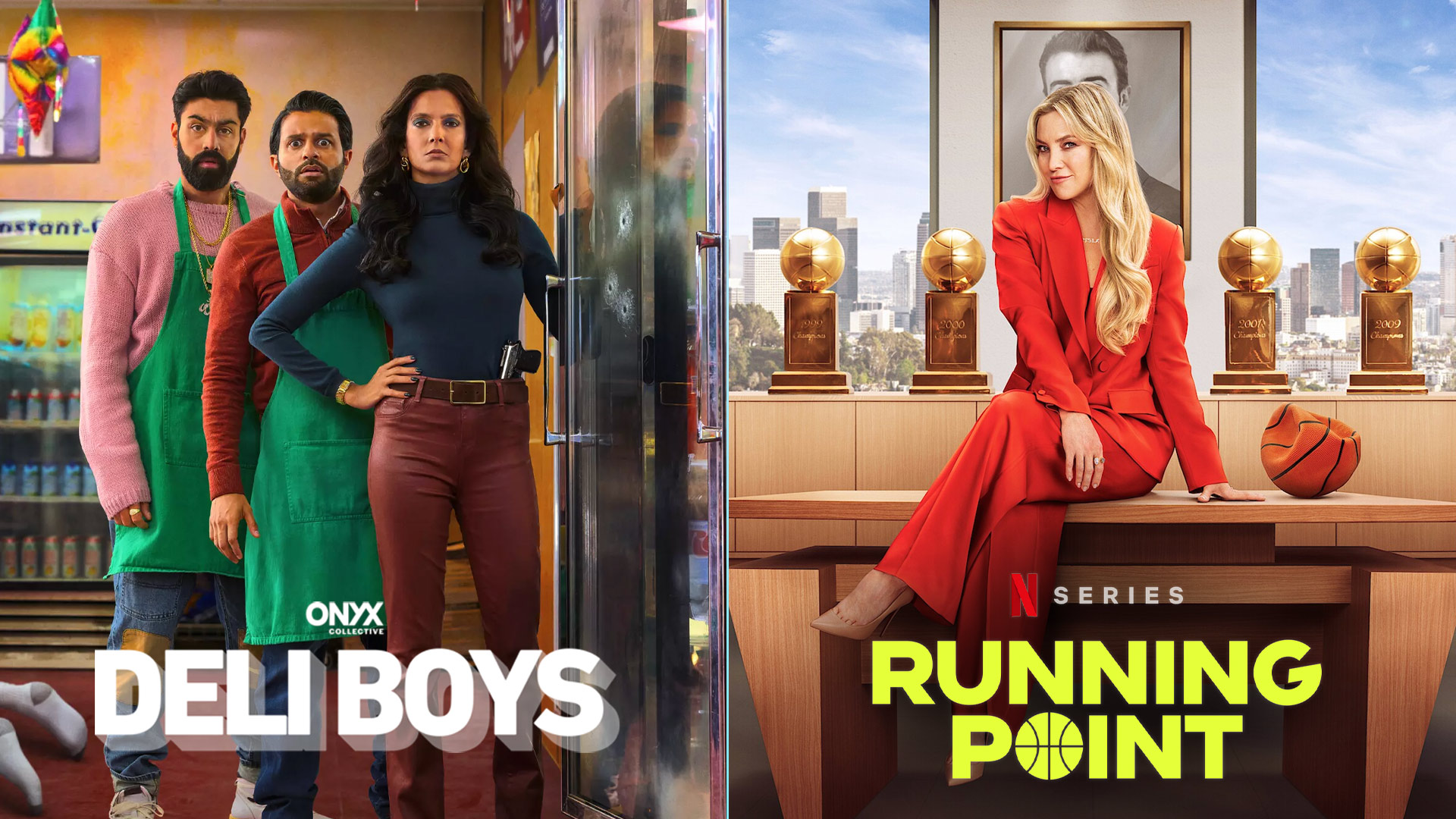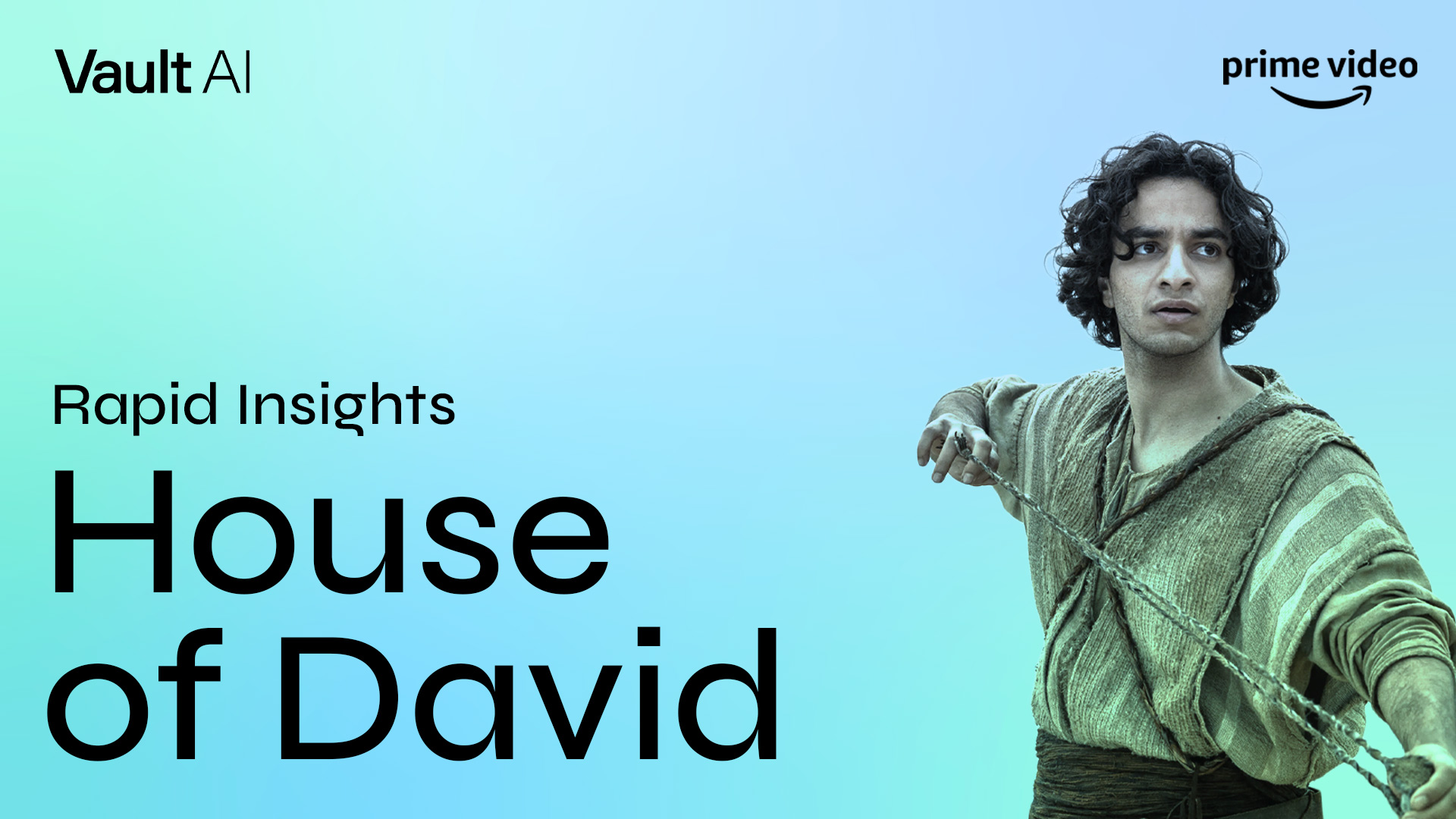Netflix recently released a chilling live-action adaptation of an iconic Argentinian graphic novel, offering up another compelling addition to the current wealth of post-apocalyptic sci-fi dramas. Taking place in Buenos Aires, the show follows a group of survivors fighting back against an alien invasion after an otherworldly toxic snowstorm kills off most of the population.
Here’s what you need to know about The Eternaut:
Vault AI uses index scores to describe the impact a given story/theme/element will have on specific KPIs:
≤79 Disappointing 80-89 Challenging 90-109 Average 110-119 Promising 120+ Outstanding
Who’s been tuning in for this new Spanish-language series?
We’re seeing an audience that’s mostly men (69%) and those 30+ (60%). While most other post-apocalyptic shows aim for the same general viewership sweet spot, The Eternaut skews more toward men than most; the streaming audiences for series like The Last of Us, Silo, Falling Skies, The Walking Dead and its spin-offs, and The Stand all land slightly lower (55-64% men). The exception in this genre is Fallout, which represents an even more heavily targeted approach (73% men).
What does The Eternaut have in common with other series in this genre?
Characters fighting to survive. One of the hallmarks of post-apocalyptic storytelling is a protagonist struggling against overwhelming odds in a dangerously hostile environment, and when the planet itself has turned against them, their chances seem increasingly bleak. In The Eternaut, the backdrop is the devastated city of Buenos Aires, and the small group of survivors at the center of the story are in just as much peril (Life in Danger, 133) and have to rely just as much on their wits (Survival Skills, 132) as, for example, The Last of Us’s Joel and Ellie and Fallout’s Lucy. For all of these shows, these survivalist elements are important drivers of longevity.
What’s making this show so compulsively watchable?
Its unique threat. The series’ most original aspects are driving its bingeability, led by the antagonistic Alien Lifeform (160) taking over Earth and wielding a toxic snowstorm as a weapon of mass destruction (Biological Warfare, 134). Audiences simply can’t look away from the Scary Situations (152) that result, and, with the survivors’ World Turned Upside Down (160), viewers are anxious to see how and if they’re able to reclaim their city from the hostile invaders.
What will help push The Eternaut to a second season?
Its locale. Though initially a limited series, there’s always a chance for more, and it’s the show’s Non-US Setting (123) that could ultimately open up the storytelling possibilities for American audiences. The survivors’ Dangerous Mission (126) in a novel environment–Buenos Aires rather than New York, D.C., or California–is what will keep viewers interested should the story continue through another season.
What’s driving viewership in the show’s native Argentina?
The human-alien war. Local audiences are expected to be most drawn to The Eternaut’s intensely thrilling Action & Violence (124) as well as the alien invaders’ cataclysmic Biological Warfare (113). Argentine viewers are looking for even more of an edge-of-your-seat, heart-pounding thrill ride than their American counterparts
—
Most Popular Rapid Insights
Redefine your understanding of TV subgenres
Introducing Genre DNA™ – TV subgenres redefined by groundbreaking AI analysis to reveal the true drivers of viewership.
See the insights that others can’t
Genre DNA™ goes beyond traditional TV genre classifications by analyzing over 1,000 scripted and unscripted series on both linear and SVOD platforms from the last 5 years.
Each Vault Genre DNA™ report offers a precise analysis of your chosen TV subgenre, uncovering its unique drivers of viewership.
*Publicly released trailers for series are evaluated using Vault’s algorithms – utilizing our proprietary 120K+ story element database alongside viewership performance and other datasets – to identify unique combinations of stories, themes, characters, and genre elements that will drive success.
